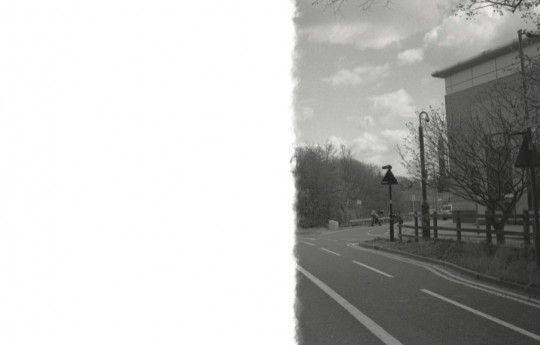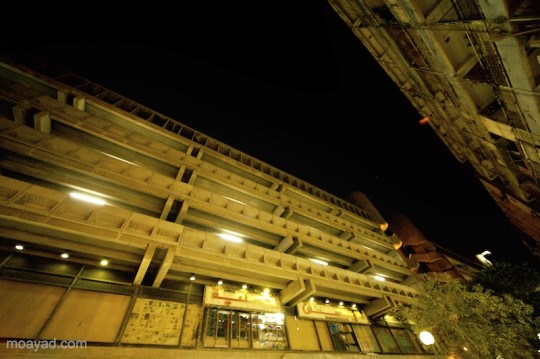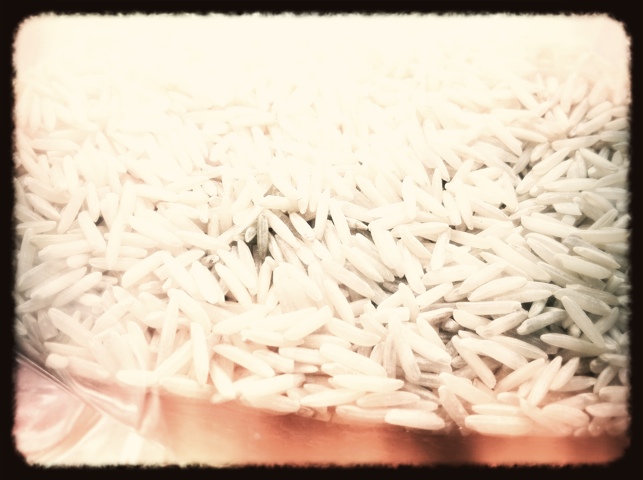طقوا علي الباب و عطوني هالدعوة ، أروح؟

I love the first frame of the film almost as much as the first slice of toast

Jehan Rajab’s Invasion Kuwait: An insider’s look at the Iraqi occupation of Kuwait

Many books has been written about the Iraqi invasion of Kuwait in 1990 and the Gulf War of 1991 from a political or military perspective, such as Mohammed Heikal’s, but few are written as humanistic memoir of how life was within occupied Kuwait or about the struggling and frustration the occupation caused to the people living in Kuwait during that period, especially in English.
Jehan Rajab, the author of the book Invasion Kuwait: an English Woman’s Tale, was born in Brazil, educated in Gibraltar and Britain and lived in Kuwait for over 30 years before publishing her book. She is married to the Kuwaiti artist and art collector Tareq Rajab and worked in the management of the Tareq Rajab Museum and as the director of the New English School in Kuwait. Having lived in Kuwait for a long period of time, and stayed for the whole period of the Iraqi occupation inside Kuwait, she managed in her book to present a view on the events of the Iraqi occupation from an ‘insider’s‘ perspective that is significantly different from Heikal’s, a perspective that could be called a ‘Kuwaiti’ perspective.
Rajab didn’t just live the occupation from the inside; she, as I will demonstrate, understood the cultural impact of that occupation and expressed it in an insider’s manner. Rajab, for instance, understood the Arabic language, and in her book she dedicated pages of glossary to explain the Arabic terms she used in her book. What is more significant than the linguistic knowledge is that she is aware of the cultural background of that language. As an example of how she understands that Arabic language/culture one can refer to her explanation of the Arabic word ‘Dhuif’ when she talked about how Saddam Hussein referred to the westerner hostages he held during the first five months of the occupation as ‘guests’ (Dhuif). Rajab explains the sarcasm in the use of that Arabic word by saying ‘Dhuif, the Arabic word for guests, who were so honoured in the Arab world, now had different and less pleasant connotations.‘[1. 1 Jehan Rajab, Invasion Kuwait: An English woma’s tale, London, 1996, p. 61] By that explanation Rajab is trying to show Saddam Hussein manipulating the horrifying concept of hostage holding by processing the word ‘hostage’ through his propaganda and making it sound less threatening by replacing it with the word ‘guest’. ‘Guest’, which is in the Arabic culture, since Arabs are the main target of his propaganda, is a meaning that has a great honorary status reminiscent of the old Arab traditions glorified by the stories of the like of Hatam Al Taee, the seventh century Arab poet who legends tells of how he used to slaughter 10 camels every night to feed his guests.
In Rajab’s narration, unlike Heikal’s, the main theme of the book is the hardship of living the everyday life in Kuwait during the occupation. Be that hardship originating from the fear of being killed or kidnapped, fear of being looted, or hardship from the lack of food, services such as electricity, water and rubbish disposal, or lack of reliable sources of information. All of which are matters Heikal did not mention in his book. In Rajab’s narration we find the Iraqis portrayed as the occupiers, and the Allied Forces as the liberators who are here to help the oppressed Kuwaitis, unlike Heikal’s narration of the war being the final result of a long global political and economic dispute over the Arabian oil, lead by the United States against the Iraqi power. In the book she talks about the damage Kuwaiti hospitals suffered and how that affected health services in Kuwait to the extent that when she got ill, and when her son suffered an injury, they preferred to stay at home instead of going to the hospital knowing that there is not much help to be found there [2. Ibid., pp. 139-40]. She talks about how ‘while peace activities were calling for one more chance for “peace”, the people of Kuwait were each allowed five small flaps of bread a day [while staying in queues] at the main bakery once or twice a day — queues that curled like some grey fearsome snake round and round and round the block again. In the end there was no bread at all.‘ [3. Ibid., p. 90]

Those scenes of hardship and terror are not to be found in Heikal’s book or in the majority of books published about the ‘Gulf War’. Most of the books consider the ‘War’ itself, the 1991 war, as the main event; everything else is either a preparation to that war or a consequence of it. Rajab’s book on the other hand is not titled War Kuwait, but speakingly Invasion Kuwait, since the main events it describe starts from the 2nd of August 1990 and ends on the 26th of February 1991, events which took place mainly within the borders of Kuwait, anything out of this time and place is considered marginal.
The politics and military preparations which Heikal wrote about in so much detail and were treated by him as the core of this war were looked at by Rajab as a waste of time. She expressed how desperate Kuwaitis were with the delay of action against the Iraqi forces by saying things like ‘Everyone felt that the Allied Forces in Saudi Arabia were being built up too slowly.‘ and ‘we all longed to see an American marine or desert rat coming up the street‘ [4. Ibid., p. 132]. There were numerous visits to Baghdad by politicians and peace activists in order to convince Saddam Hussein to withdraw from Kuwait and prevent the war, Rajab believed that those visits were used by the Iraqis ‘as a way of playing of time.‘ [5. Ibid., p. 141] She expresses the feeling of Kuwaitis towards the idea of the use of force to expel the invading forces by saying ‘While killing and war were the last things anyone in Kuwait wanted, we wondered if words of peace were much use to the Iraqis, who had such different intentions. We also wondered of how these activists might have felt had they been in our position, expecting every day to die from possible starvation, torture or plain murder. Did they really feel that the probable death of over 250,000 people was just a small matter? We did not particularly want to be a sacrifice to the idea of peace.‘[6. Ibid., p. 64]
Rajab in her book presents the missing voice of the Kuwaiti perspective of what is called the Gulf War. She presents the human voice, not the usual political, economic or military voices we are used to hear in the literature written about this ‘War’.

